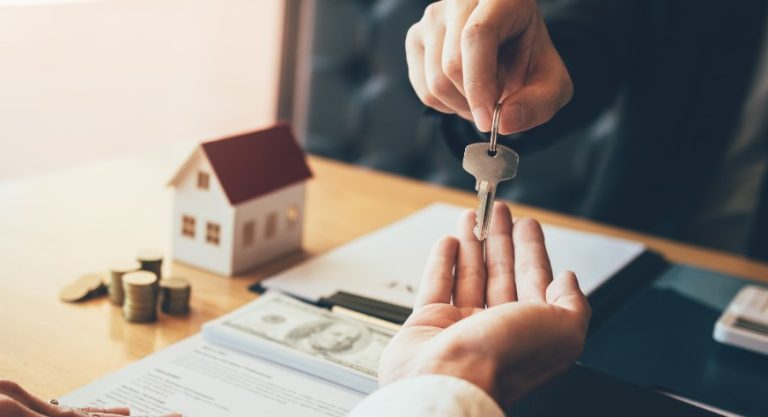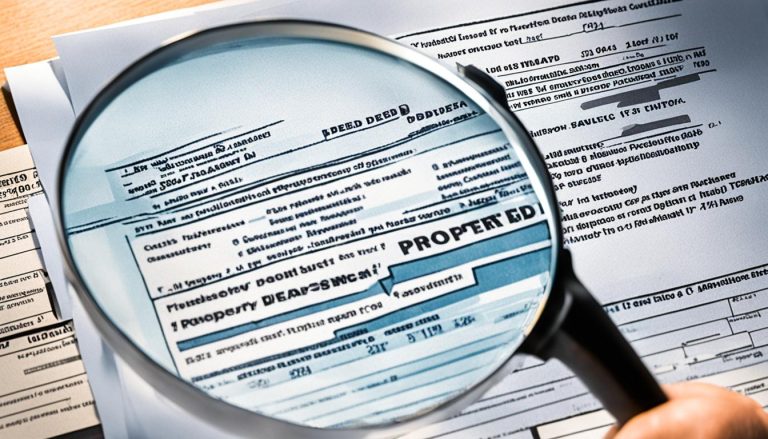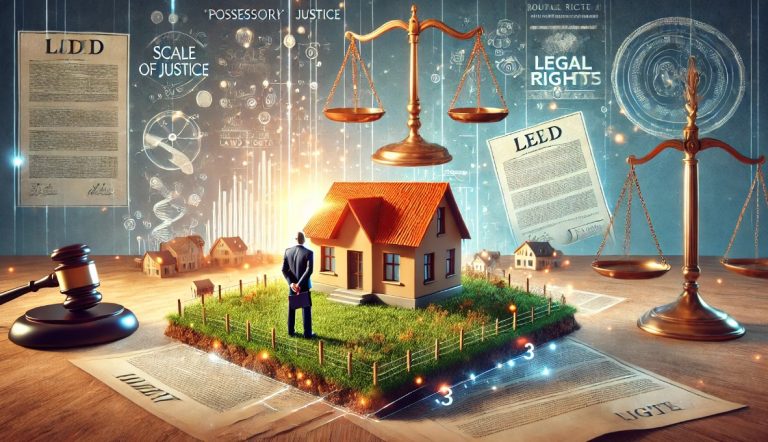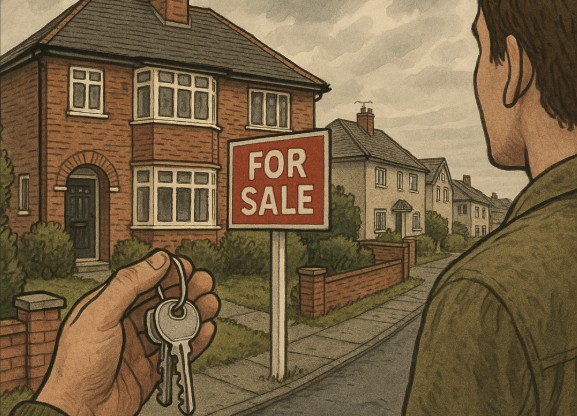Access to legal aid is a cornerstone of a fair and just society, ensuring that even individuals with limited financial resources can receive proper legal representation. However, when you own property, especially your primary residence, understanding your eligibility for legal aid becomes more complex. For many UK homeowners, the interplay between property ownership and legal aid can be confusing.
In this detailed guide, we’ll explore how legal aid works for homeowners, the factors that influence eligibility, and the alternatives available for those who don’t qualify. Whether you’re navigating a family law issue, housing dispute, or another legal challenge, this article will help clarify your options.
What is Legal Aid?

Legal aid is a government initiative designed to help individuals who cannot afford legal advice or representation. Administered through the Legal Aid Agency, this support covers various legal matters, including family law, housing issues, domestic abuse cases, and some criminal proceedings.
The aim is to ensure that no one is excluded from justice simply because they lack the financial means. Legal aid can cover everything from consultations with a solicitor to full court representation, depending on the case and the applicant’s eligibility.
Who Can Benefit from Legal Aid?
Legal aid is intended for those on low incomes or those with limited financial resources. However, eligibility is not solely determined by income; other factors, such as your savings, investments, and property, are also taken into account. This is where owning a house can complicate matters, as it adds to your capital during the assessment process.
Can You Get Legal Aid if You Own a House?
Yes, you can get legal aid if you own a house, but it depends on the equity in your property and your overall financial situation. The value of your home is included in the capital assessment, but exemptions may apply in cases like domestic violence or family law disputes. Outstanding mortgages reduce the equity considered, and if it’s below £8,000, it may not affect your eligibility. Special circumstances, such as low income or joint ownership, can also improve your chances of qualifying.
Eligibility for Legal Aid
Determining whether you qualify for legal aid depends on the type of case and your financial circumstances. The process varies based on whether the case is civil or criminal, with civil cases having specific requirements and exemptions.
Civil (Non-Criminal) Cases
Legal aid is available for civil cases involving serious issues such as debt, family disputes, or housing problems. To qualify, you usually need to demonstrate that:
- You cannot afford legal costs.
- Your legal issue is significant, such as involving safety, housing stability, or financial security.
Financial Documentation Required
Applicants typically need to provide detailed evidence of their financial situation, including:
- Income and benefits statements.
- Savings and property ownership details.
- Financial information about a partner, if applicable.
For those under 18, the income and financial status of parents or guardians may also be considered.
Exemptions from Financial Assessment
Certain cases do not require a financial means test, including:
- Mental health tribunal cases.
- Cases involving children in care.
- Child abduction cases.
Additionally, if your human rights are at risk, you may be eligible for legal aid even if your case would not typically qualify.
Evidence Requirements
Applicants may also need to provide documentation specific to their case. For example:
- In divorce cases involving abuse, a court order or GP letter verifying the abuse may be required.
- In housing disputes, eviction notices or unsafe living condition reports might be necessary.
Paying the Costs of Your Case
Legal aid might not cover all expenses, and you may need to:
- Pay some costs upfront.
- Repay some costs if you win money or property through your case.
The Legal Aid Agency (LAA) may place a statutory charge on any property or money you recover. For homeowners, this debt can be deferred, with a charge placed on your home, similar to a mortgage.
Your legal adviser will explain the repayment process and how statutory charges work. For further assistance, you can contact the LAA’s Secured Debt Team to discuss payment arrangements.
Check Your Eligibility
To determine if you qualify for legal aid and how it may apply to your civil case, use the eligibility checker on the GOV.UK website.
The Capital Assessment and Your Home

Explaining the Capital Assessment Process
The capital assessment evaluates the value of your financial assets. This includes savings, investments, and the equity in your home. For homeowners, this process determines whether your property’s value disqualifies you from legal aid or reduces the level of assistance you can receive.
Exemptions for Main Residences
The Legal Aid Agency recognises that tying up financial resources in property does not necessarily mean you have liquid assets available to fund legal costs. In some cases, the value of your main home is disregarded, especially for:
- Domestic violence survivors.
- Cases involving family law, such as child custody disputes.
- Situations where the property is at risk of repossession.
Adjustments for Mortgages and Equity Release Schemes
The calculation of your home’s equity includes deductions for any outstanding mortgage or equity release loans. For example, if your property is valued at £200,000 but you have a £150,000 mortgage, only £50,000 is considered in the assessment.
If the equity is less than the £8,000 threshold, it won’t affect your eligibility for legal aid.
Special Circumstances for Homeowners
Legal Aid for Domestic Violence Survivors
Homeownership should not prevent victims of domestic violence from seeking justice. Special provisions allow legal aid to cover protective measures such as non-molestation orders and occupation orders. In these cases, the equity in a home may be disregarded to ensure the applicant’s safety and legal rights are prioritised.
Family Law and Housing Disputes
For homeowners involved in family law matters—such as divorce, child custody, or property disputes—legal aid eligibility can vary. Courts often consider the welfare of children and vulnerable family members, potentially allowing exceptions to the standard capital assessment.
Provisions for Low-Income Homeowners
Low-income homeowners may still qualify for legal aid if they have minimal disposable income or if their property is jointly owned, as only their share of the equity is assessed. Additionally, certain debts, such as arrears on essential bills, may also reduce your disposable income and improve your eligibility.
Steps to Apply for Legal Aid

Applying for legal aid in England, Wales, Scotland, or Northern Ireland involves several straightforward steps. Whether your case is civil or criminal, following these steps can help ensure you receive the assistance you need.
1. Check Your Eligibility
The first step is determining whether you qualify for legal aid. Use the eligibility checker on the GOV.UK website to assess your financial situation and the type of case. If you’re in Scotland or Northern Ireland, search for a legal aid solicitor who can guide you through the specific regional process.
2. Find a Legal Adviser or Mediator
Your legal adviser or family mediator will handle the application process on your behalf if you qualify. They will submit the necessary forms and supporting documents to the Legal Aid Agency (LAA). If approved, the government will pay your legal costs directly to your adviser or mediator.
3. Prepare the Required Documentation
Before meeting your legal adviser, gather all relevant documentation for both yourself and your partner (if applicable):
- Financial Information: Benefits statements, payslips, bank statements, and details of savings and spending.
- National Insurance Numbers: For identification purposes.
- Case-Related Evidence:
- Court documents for civil or family law cases.
- Marriage or birth certificates for family disputes.
- Relevant letters or notices (e.g., eviction notices, medical letters for abuse cases).
Providing these documents ensures a smooth application process.
4. Emergency Legal Aid Applications
In urgent situations, such as protecting yourself or your children from domestic abuse, you can apply for Emergency Legal Representation. This allows your legal adviser to secure immediate court representation. While emergency legal aid can address urgent needs, you’ll still need to follow the standard application process for any ongoing legal work.
5. Applying for Criminal Legal Aid
If you’ve been arrested and held at a police station, legal aid is available to ensure you receive free legal advice:
- By Telephone: For less serious offences.
- From a Duty Solicitor: Available at the police station.
- From Your Own Legal Adviser: If you prefer to use a solicitor you’ve chosen.
If You’re Charged or Taken to Court
A solicitor will determine if you qualify for legal aid for court proceedings. You can then choose to:
- Continue receiving advice from the organisation that assisted you at the police station.
- Request help from the court duty solicitor.
- Find your own legal aid solicitor for criminal cases.
6. Review and Submit Your Application
Once all documentation is in order, your legal adviser will complete and submit your application to the Legal Aid Agency. They will communicate the outcome to you and provide guidance on the next steps.
Alternatives if Legal Aid is Denied

Free Legal Advice Clinics
Organisations like Citizens Advice and local law centres offer free legal advice for those who don’t qualify for legal aid. These services are often available for housing issues, debt problems, and basic family law guidance.
Charitable Organisations Providing Assistance
Charities such as Shelter (for housing issues) or Rights of Women (for family law and domestic abuse cases) can provide free or low-cost legal support. Many of these organisations specialise in helping vulnerable individuals navigate complex legal challenges.
Crowdfunding and Personal Finance Strategies
When other avenues are unavailable, crowdfunding has become a popular way for individuals to raise funds for legal costs. Additionally, solicitors may offer flexible payment plans or fixed-fee services for those with limited resources.
Conclusion
Owning a house does not necessarily exclude you from receiving legal aid in the UK. However, it can influence the eligibility process, particularly during the capital assessment. By understanding the criteria, exemptions, and alternatives, you can take informed steps towards accessing the legal support you need. For those in doubt, consulting with a solicitor or seeking advice from charitable organisations is always recommended.
FAQs
What is the capital threshold for legal aid in the UK?
The capital threshold is £8,000. If your total assets exceed this amount, you may be ineligible, although exceptions exist for certain cases.
Can I get legal aid if my home has a mortgage?
Yes, outstanding mortgage debt is deducted from the property’s value during the capital assessment.
Is legal aid available for family law disputes?
Yes, legal aid is often granted for family law cases, especially those involving child custody or domestic violence.
How do I apply for legal aid as a domestic violence survivor?
You can apply through a solicitor or directly via the GOV.UK website, with evidence of abuse required for certain cases.
Are there exceptions to the means test for legal aid?
Yes, exceptions exist for cases involving vulnerable individuals, domestic violence survivors, or those at risk of homelessness.
What happens if I am denied legal aid?
Alternatives include seeking help from free legal advice clinics, charities, or crowdfunding for legal expenses.
Can legal aid be granted for housing disputes?
Yes, especially if the dispute involves eviction, repossession, or unsafe living conditions.






